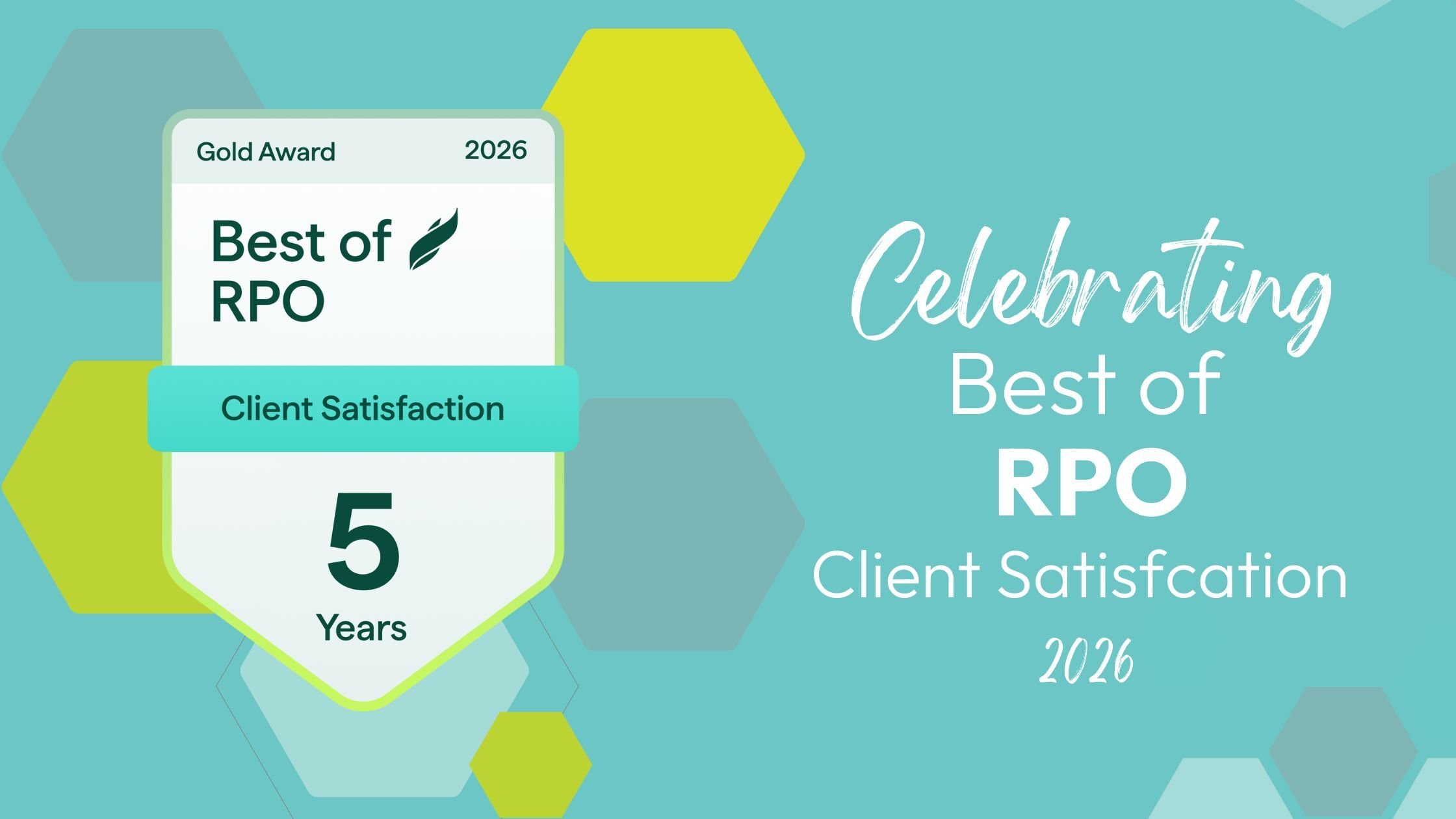Real Talk on Talent Video: Navigating Return-to-Office Mandates
Return to office policies have become one of the most divisive workplace topics of the post-pandemic era.
Dina and Hilary tackle this controversial subject by examining how companies are making drastically different choices – from Spotify's bold "our employees are not children" remote-first stance to organizations mandating full five-day office attendance.
Listen To The Episode
Video Description:
As HR leaders continue to navigate return-to-office (RTO) policies, one critical question has emerged: Does physical presence truly impact an employee’s career trajectory—and how can we ensure equitable growth opportunities in any work model?
In our latest discussion, we draw from personal experiences in remote, hybrid, and in-office environments to explore what today’s workplace realities mean for employee development, retention, and engagement—especially for early-career professionals.
Rethinking the “Proximity Bias”
For decades, career growth was linked to visibility—those who showed up were often the first to get noticed, promoted, and mentored. But in the post-pandemic era, this assumption no longer holds true for all employees. HR leaders must now ask: Are we unintentionally disadvantaging remote workers by tying advancement to physical presence?
While remote work offers flexibility, it can limit access to informal learning and relationship-building if not intentionally designed. For junior employees in particular, a lack of in-person touchpoints can mean missed mentorship and slower progression.
➡︎ Related: Keeping Your Employees Engaged and Productive While Working Remote
Why Hybrid Models Require More Than Flexibility
Many organizations have adopted hybrid structures—but without the infrastructure to support them, these models risk creating inequality. Successful hybrid strategies require more than flexible scheduling. They demand:
-
Clear pathways for mentorship and visibility—regardless of location
-
Communication norms that prioritize inclusion
-
Performance metrics that reward output, not hours logged on-site
HR leaders must lead the charge in designing systems that ensure remote and in-person employees have equal access to growth opportunities.
The “Coffee Badging” Effect & the Disconnect It Reveals
We also explore the rise of “coffee badging”—when employees show up at the office briefly to meet attendance mandates before heading out. It’s a symptom of a deeper issue: employees aren’t convinced of the value of being in the office.
If your RTO policy feels performative rather than purposeful, it may erode trust and drive disengagement. The most effective RTO strategies clearly communicate the “why,” and create environments where employees want to return because the experience is valuable and connected to business outcomes.
Ready to Boost Your Recruitment Process?
Contact us today to see how our RPO services can help your business succeed.
Other Resources
Check out our blog for recruiting resources, news, and tools that can help you.
Hueman RPO Earns ClearlyRated's Best of RPO 2026 Award
ClearlyRated’s 2026 Best of RPO Award We’re proud to share that Hueman RPO has once again been named a ClearlyRated Best of RPO...
Topics: Recruitment Process OutsourcingWhat is Recruitment Process Outsourcing?
What is Recruitment Process Outsourcing (RPO)? Let's start with the basics. Recruitment Process Outsourcing (RPO) is a form of...
Topics: Recruitment Process Outsourcing2025 Year in Review: Delivering People-First Results in Recruitment
2025 Year in Review Delivering People-First Results in Recruitment At Hueman RPO, people are the heart of every company, and...
Topics: Recruitment Process Outsourcing, Talent Acquisition Strategy, Recruiting, Human Resources, Talent Management


.jpg)
